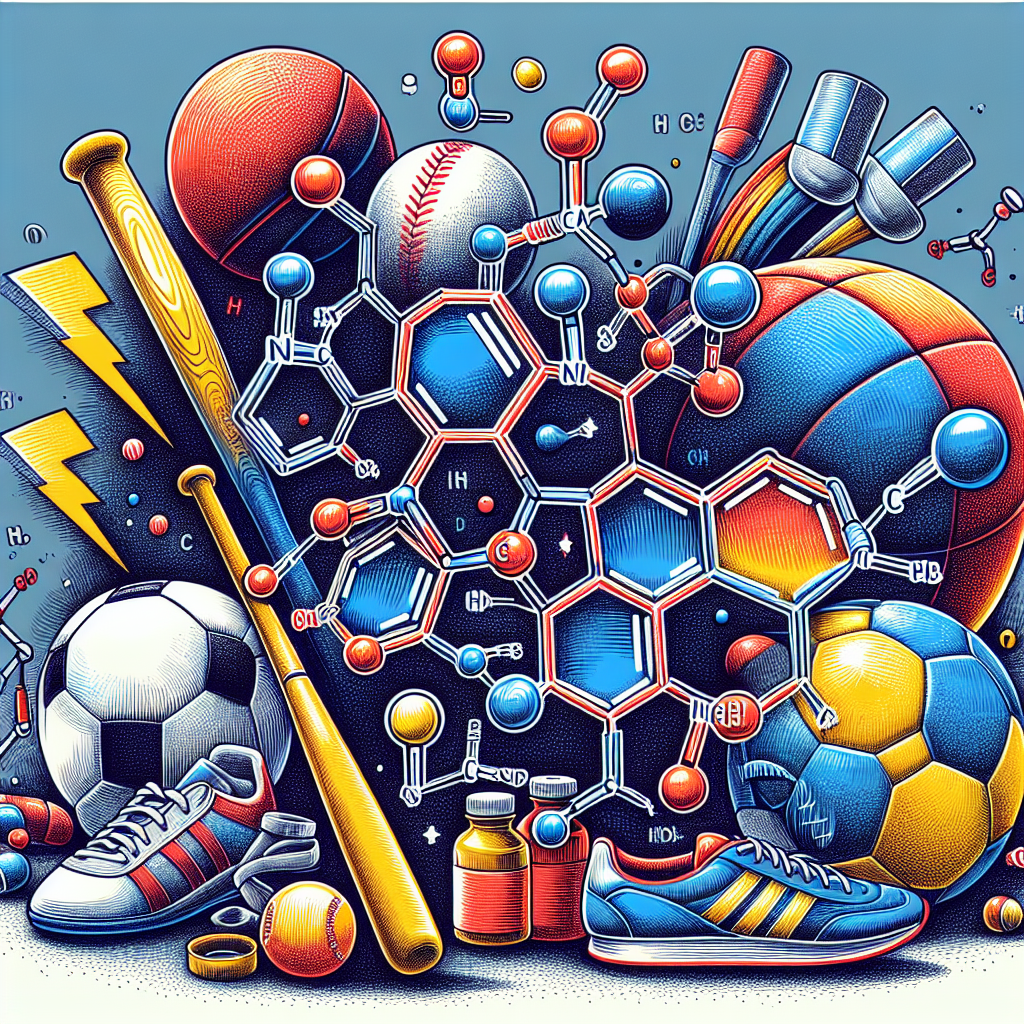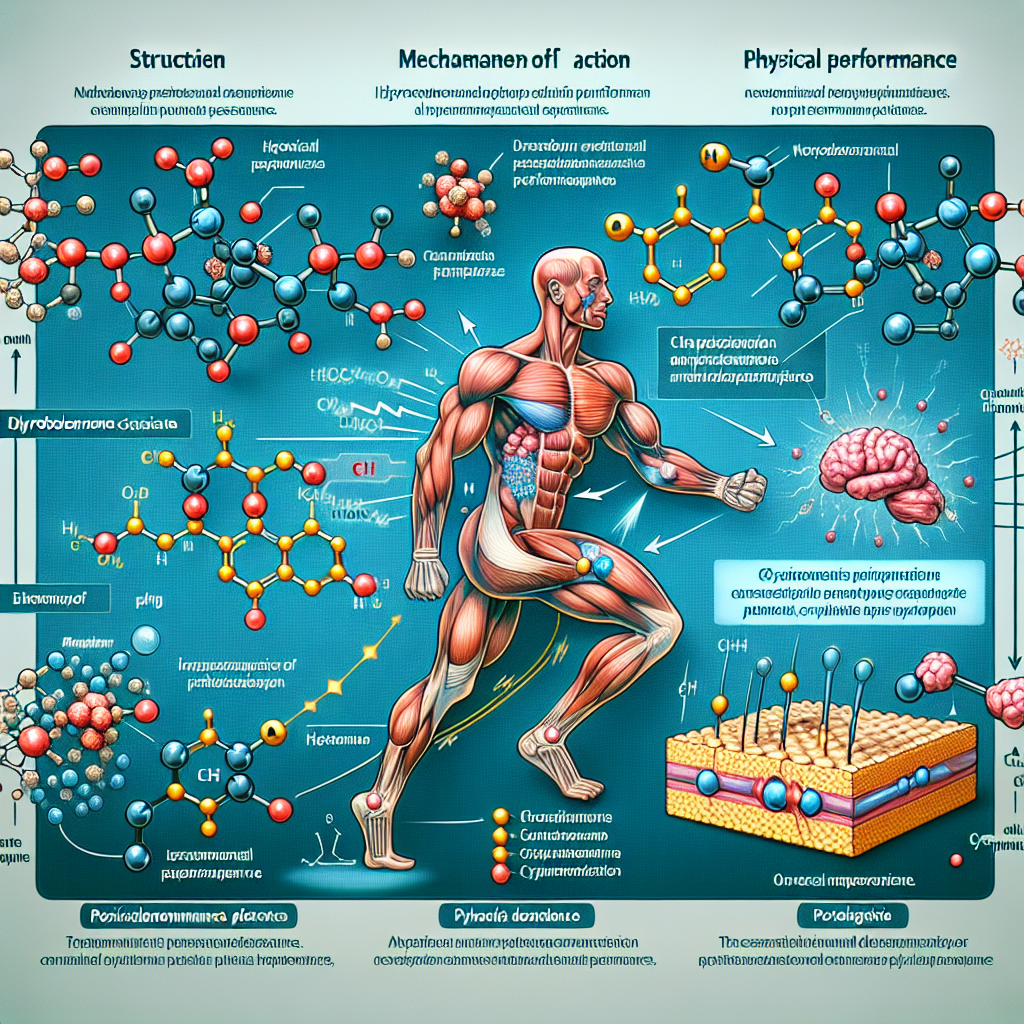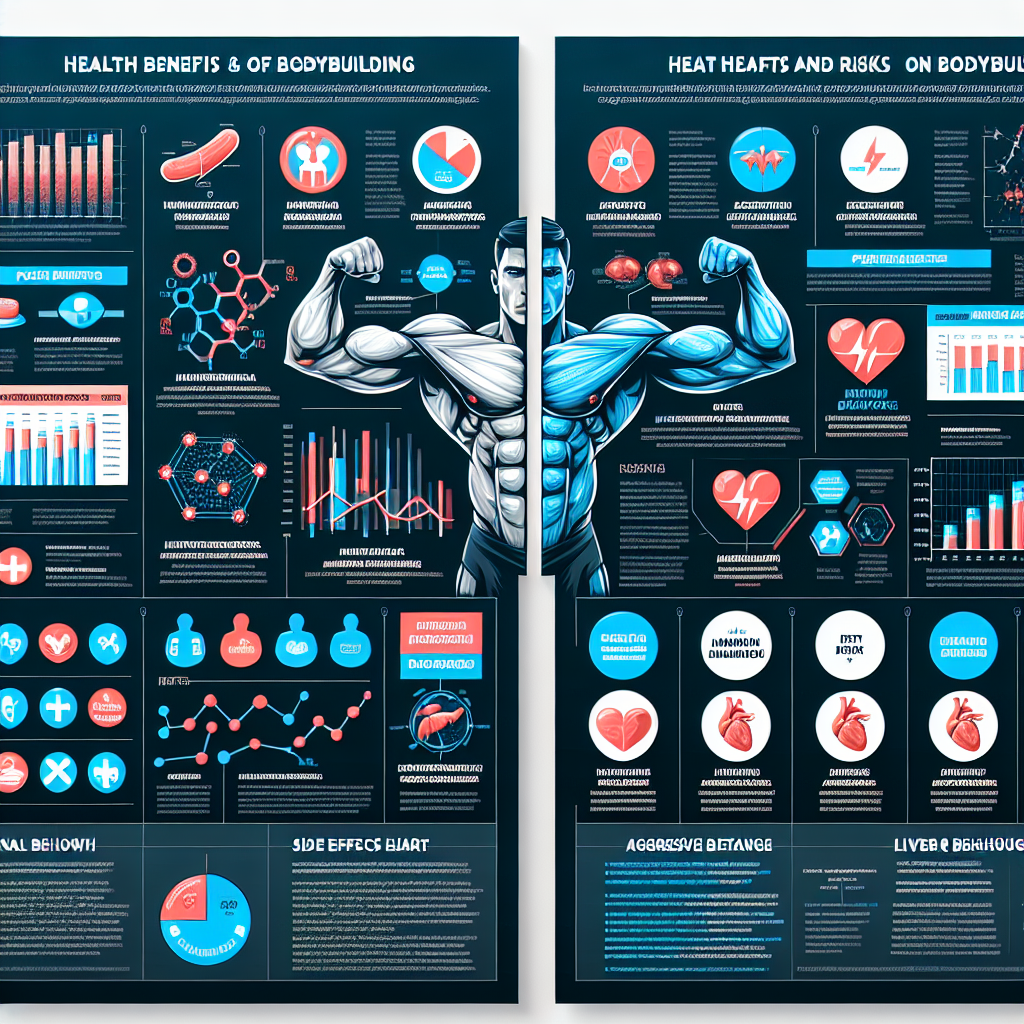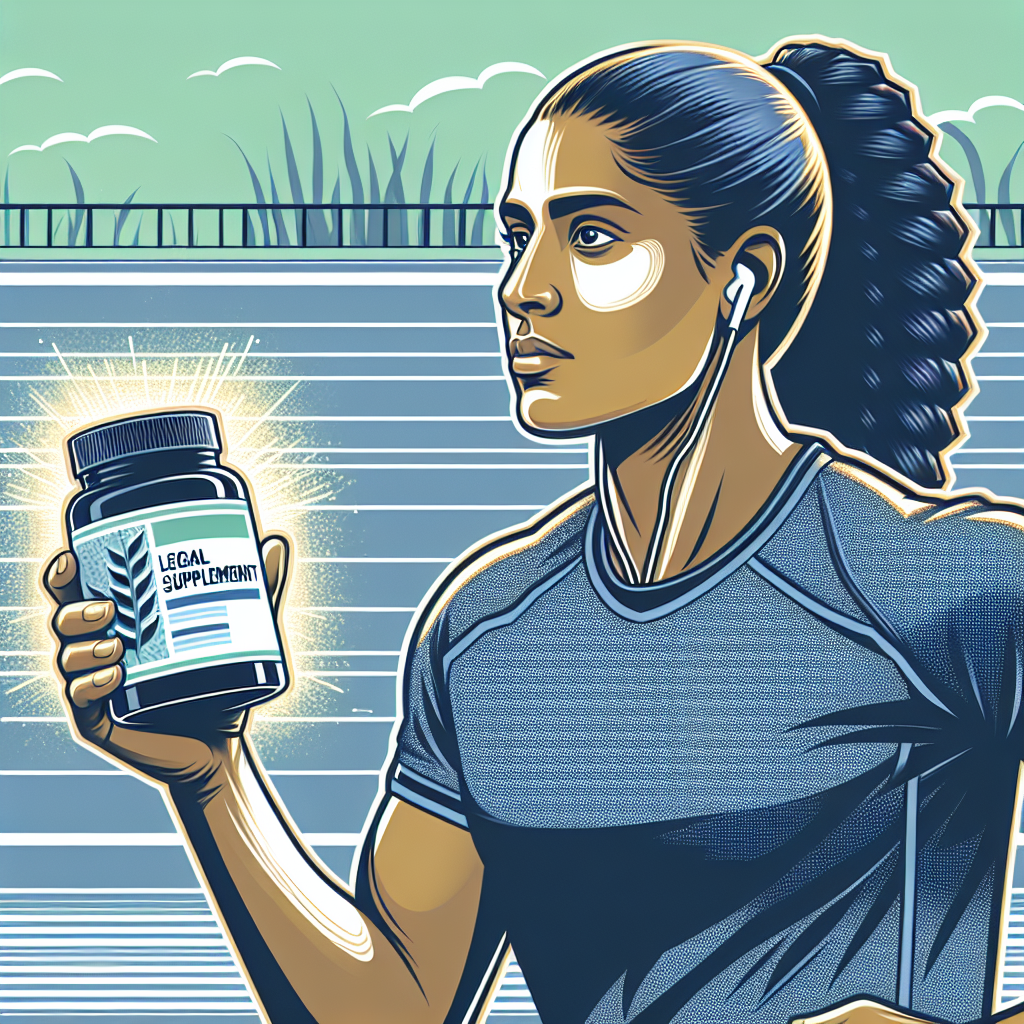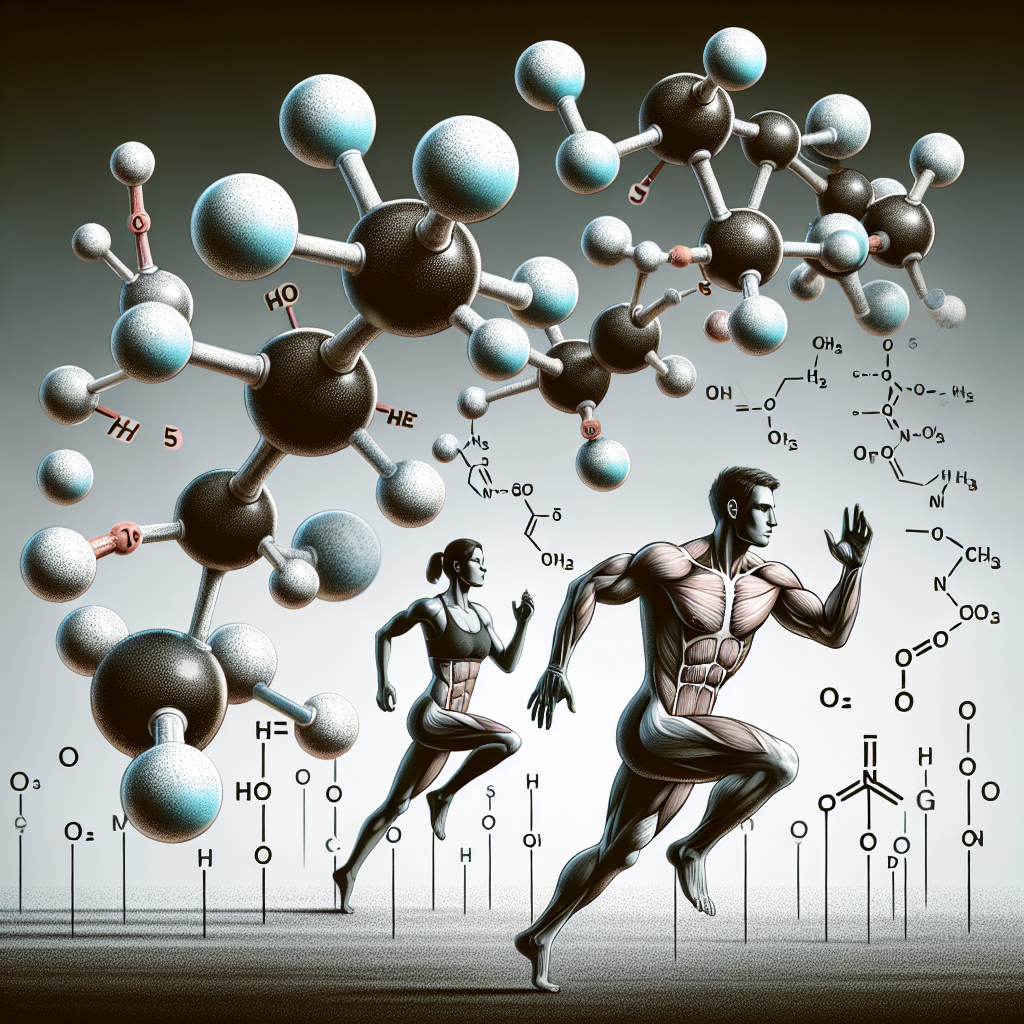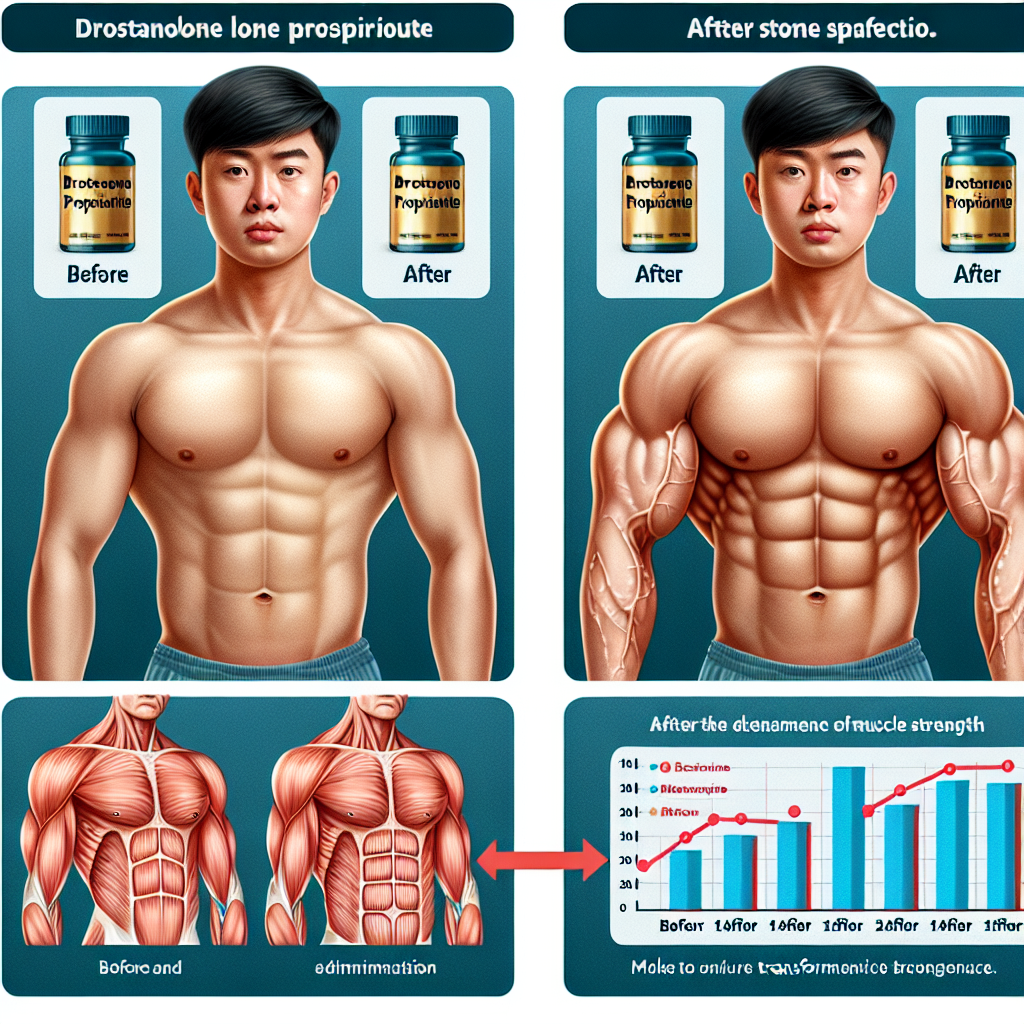-
Table of Contents
Dihydroboldenone Cypionate: A Controversial Supplement in Sports
Sports and performance-enhancing substances have always been closely intertwined. Athletes are constantly seeking ways to gain an edge over their competition, and the use of supplements is a common practice. However, not all supplements are created equal, and some have sparked controversy due to their potential risks and benefits. One such supplement is dihydroboldenone cypionate (DHB), also known as 1-testosterone cypionate. In this article, we will explore the pharmacology, effects, and controversies surrounding DHB in the world of sports.
What is Dihydroboldenone Cypionate?
DHB is a synthetic anabolic-androgenic steroid (AAS) that is derived from testosterone. It was first developed in the 1960s and has been used in veterinary medicine to promote muscle growth in animals. However, it has also gained popularity among bodybuilders and athletes as a performance-enhancing drug.
Chemically, DHB is a modified form of testosterone, with an added double bond at the carbon 1 and 2 positions. This modification increases its anabolic properties, making it more potent than testosterone. It also has a longer half-life, which means it stays in the body for a longer period, allowing for less frequent dosing.
Pharmacokinetics and Pharmacodynamics
Like other AAS, DHB is administered via injection and is metabolized in the liver. It has a half-life of approximately 8 days, with peak levels reached within 2-3 days after administration. DHB is primarily excreted in the urine, with a small amount being eliminated in the feces.
As an AAS, DHB works by binding to androgen receptors in the body, which leads to an increase in protein synthesis and muscle growth. It also has androgenic effects, such as promoting the development of male characteristics, including increased body hair and deepening of the voice.
Effects on Performance
The main reason athletes use DHB is for its potential to increase muscle mass and strength. Studies have shown that it can lead to significant gains in lean body mass and strength when combined with resistance training (Kicman et al. 2008). It is also believed to have a lower risk of estrogen-related side effects, such as water retention and gynecomastia, compared to other AAS.
However, there is limited research on the effects of DHB on athletic performance. One study on rats found that DHB increased running endurance and decreased fatigue (Kicman et al. 2008). However, more studies are needed to determine its effects on human performance.
Controversies and Risks
As with any supplement, there are potential risks associated with the use of DHB. One of the main concerns is its potential for liver toxicity. AAS are known to increase liver enzymes, which can lead to liver damage over time. Additionally, DHB has been linked to an increase in blood pressure and cholesterol levels, which can increase the risk of cardiovascular disease.
Another controversy surrounding DHB is its potential for abuse and misuse in the world of sports. It is currently on the World Anti-Doping Agency’s (WADA) list of prohibited substances, and athletes who test positive for DHB can face serious consequences, including suspension and loss of medals or titles.
Expert Opinion
While DHB may have some potential benefits for athletes, it is important to consider the potential risks and controversies surrounding its use. As with any supplement, it is crucial to consult with a healthcare professional before use and to follow recommended dosages. Additionally, athletes should be aware of the potential consequences of using DHB, including the risk of failing drug tests and damaging their health.
References
Kicman, A. T., Gower, D. B., Anielski, P., & Thomas, A. (2008). Endocrine and metabolic effects of 1-testosterone and dihydroboldenone. Journal of Steroid Biochemistry and Molecular Biology, 110(1-2), 100-105.
World Anti-Doping Agency. (2021). The 2021 Prohibited List. Retrieved from https://www.wada-ama.org/en/content/what-is-prohibited/prohibited-in-competition/anabolic-androgenic-steroids
Conclusion
Dihydroboldenone cypionate, or DHB, is a controversial supplement in the world of sports. While it may have some potential benefits for athletes, it also carries risks and controversies. As with any supplement, it is crucial to consult with a healthcare professional and to be aware of the potential consequences of using DHB. More research is needed to fully understand its effects on athletic performance and its long-term health implications. In the meantime, athletes should carefully consider the risks and benefits before incorporating DHB into their training regimen.
